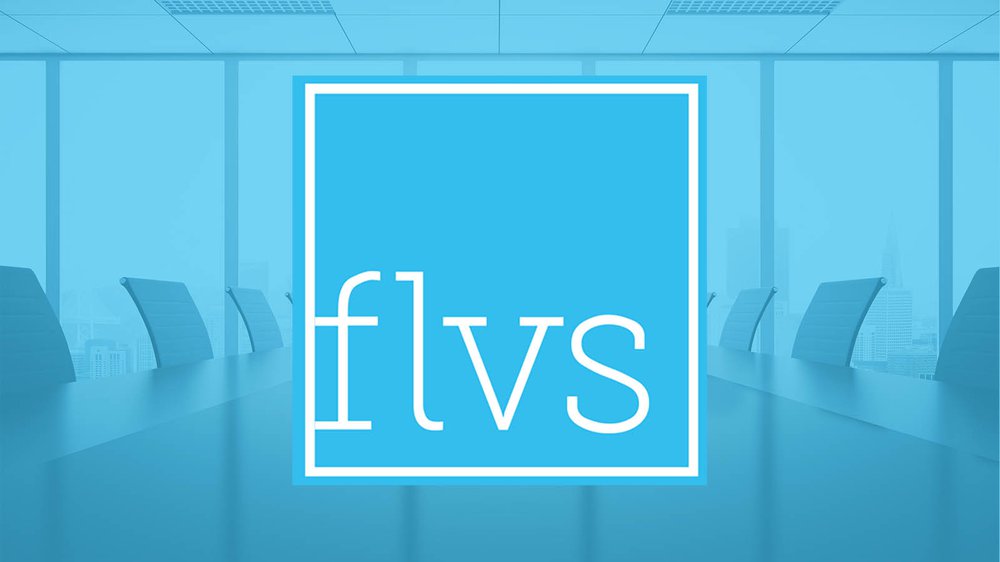Legislature dismantles Florida Virtual School board – By Leslie Postal and Beth Kassab, The Orlando Sentinel
The state would take direct control of the Florida Virtual School for the rest of this year, eliminating its board of trustees and auditing its operations and finances, and then decide how the online public school should be run, under the budget passed this weekend by the Florida Legislature.
Education Commissioner Richard Corcoran praised lawmakers’ decision, calling it a “much needed review … in light of more than a year’s questionable management practices that otherwise unchecked could eventually threaten the tremendously valuable educational options that FLVS provides to students.”
The House had proposed what amounts to wiping out the virtual school’s board last month, and the Senate agreed to the plan in its vote Saturday on the state budget. The move now needs Gov. Ron DeSantis’ signature as part of the state budget. A spokeswoman for DeSantis told the Sentinel last month that he supported replacing the school’s board and a new audit.
The virtual school, the largest online program in the nation, operated on more than $180 million of taxpayer money last year, providing online classes to more than 200,000 students. Founded in 1997, it is run by its own board, operating as its own public school district.

Virtual reality coming to St. Aloysius curriculum – By John Surratt, The Vicksburg Post
The staff at St. Aloysius is taking education to another dimension.
“We’re going to virtual reality,” principal Buddy Strickland said.
Virtual reality is a three-dimensional, computer-generated environment that can be explored and interacted with by an individual who becomes part of the virtual world or immersed within the environment and can manipulate objects or perform a series of actions.
Strickland said the school is committing $100,000 to install 25 virtual reality stations — enough to engage one class at a time. The program, he said, has been funded 100 percent through donations.
“We’ve had some parents and business people step up and say this is important; we’ll be more than happy to make an investment, and it’s an investment because we’re going to see a return,” he said.
The first phase of the program involves installing five stations to train teachers. “If we don’t train the teachers use it first, then it’s worthless,” he said.

After years of debate, law increases oversight of virtual schools – By Stephanie Wang, Chalkbeat Indiana, on the Indianapolis Business Journal
If online students fail to log into classes as often as required, virtual schools must kick them out, under a new Indiana law signed Wednesday by Gov. Eric Holcomb.
Students who want to go to an online school now also have to complete an orientation session with a guardian to better understand the expectations of a virtual learning environment.
These new rules, which leave room for the state and charter authorizers to bring stronger oversight of virtual schools, come in response to years of poor student outcomes at Indiana’s online schools and a bubbling scandal at two large virtual charter schools on the brink of closure.
Recently released data shows that thousands of students churn through virtual charter schools throughout the year, many leaving with no credits. That high turnover amounted to about $10 million in state funding last year going to online schools for students who did not complete work or failed classes.
Lawmakers’ actions this year, paired with a funding cut, represent the biggest steps the state has taken to regulate virtual charter schools since they launched a decade ago. Some lawmakers say the new rules put into place much-needed guardrails on fast-growing virtual schools, which have largely been in favor of the changes. But others lambasted the legislation as not going far enough, with state Sen. Mark Stoops, D-Bloomington, calling virtual schools “a scam.”
Added Tim Lanane, the Democrat leader in the state Senate, “I think we need to suspend the operations of virtual schools until we know if the taxpayers are being ripped off.”
The struggle to address Indiana’s troubled virtual schools illustrates the state’s dance between protecting school choice and cracking down on failing schools. On one hand, lawmakers defend online education as a critical option for some of the state’s most challenged students, particularly those who haven’t been successful in traditional brick-and-mortar schools.

State board unanimously approves first computer science standards – By Seth Klamann, The Jasper Star Tribune
The State Board of Education unanimously approved Wyoming’s first computer sciences standards late last month, after a review committee reconvened in response to concern that a previous draft overloaded teachers at lower grade levels.
The approval — on the back of a law passed last year requiring computer science be taught to all Wyoming students — marks a first for the state.
“The basket of goods, which has our content areas, has never been changed since it was created back in the 1990s,” state Superintendent Jillian Balow said last week. The basket of goods is education shorthand for the educational areas — like math and science — that must be provided to all Wyoming kids. “It’s the first time that a new content area has been added or that the basket of goods has been changed. It’s new territory for all of Wyoming.”
In March, the state board asked the Education Department to reconvene the committee that was drafting the standards. Specifically, there was concern that early elementary teachers were being asked to do too much.












